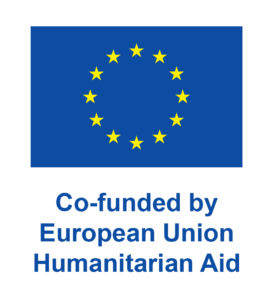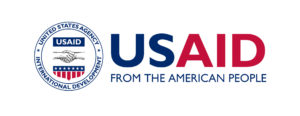The Collaborative Leadership Programme (CLP) aims to build capacities of JIPS country partners to better work together in the generation and use of data on internal displacement. It addresses critical structural challenges and capacity gaps that persist in responses to Internal Displacement situations.
Recognizing that no actor alone has all the tools and expertise to effectively respond to Internal Displacement, the programme teaches the technical skills to implement data processes, to collaborate with partners and to coordinate a process that contributes to more coherent and nationally owned data ecosystems and evidence- based action.
The CLP builds on JIPS’ expertise of treating collaboration as a skill, showcasing its added value as well as teaching it – drawing on 14+ years of experience working in diverse displacement contexts and supporting collaborative data efforts in more than 50 countries.
In 2024, the CLP training on “The Fundamentals of Transforming Displacement Data into Action for Solutions” equips participants with the foundational skills to jointly generate, analyze, and use data on Internal Displacement, including the implementation of global standards and guidance on Durable Solutions and IDP statistics.
The training is primarily targeting participants from countries where JIPS has ongoing or confirmed support and is implemented through a hybrid training that combines a 6-week e-learning phase and a 3-day live workshop. A virtual networking event is offered in September to identify future avenues for support and collaboration.
The training will provide space for 25 participants, who are recruited through JIPS’ partnerships and planned or ongoing projects.
The hybrid training approach is not only an opportunity to learn but also to exchange ideas, solve challenges, initiate projects and build new partnerships, while having direct access to JIPS’ technical support.
JIPS will create spaces for so-called thematic injects, meaning additional specific expertise from JIPS its partners on cross-cutting subjects (such as Community Engagement or Official IDP Statistics).
In 2024, JIPS is partnering with the Global Partnership for Sustainable Development Data. The partnership will offer tailored content centered on the Data Values Project. This content will provide insights into the project’s latest work on innovative and inclusive data governance approaches, citizen participation, and data ecosystems. Additionally, it will explore how power dynamics impact data production, management, and use and ways to address and mitigate these impacts.
CLP 2023 Testimonials CLP 2024 Application Form
This training is made possible through the generous support of the American people through the European Commission’s Civil Protection and Humanitarian Aid Operations Department (DG ECHO) as well as the Bureau for Humanitarian Assistance (BHA) of the United States Agency for International Development (USAID). The contents are the responsibility of JIPS and do not necessarily reflect the views of BHA/USAID, the United States Government, or DG ECHO.

